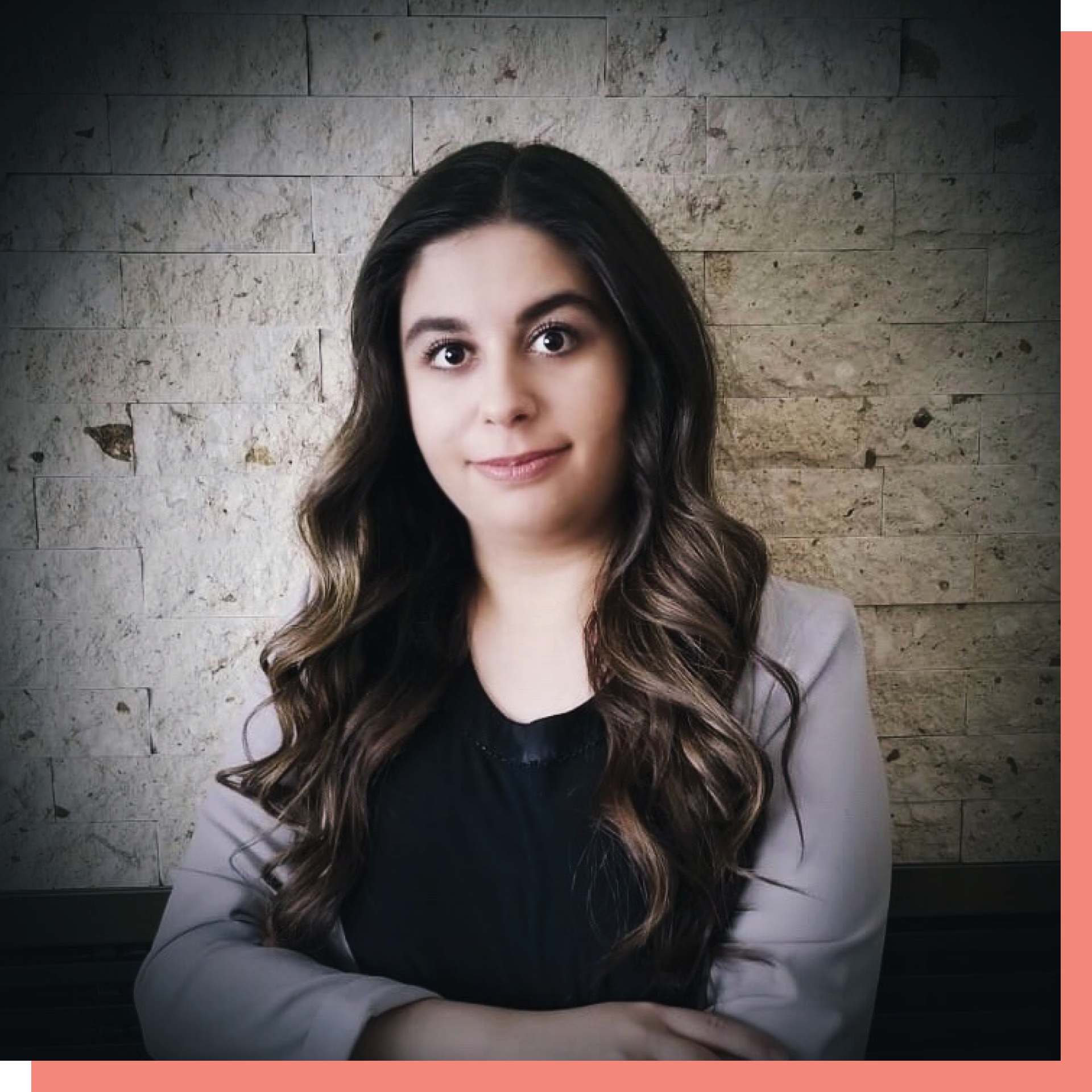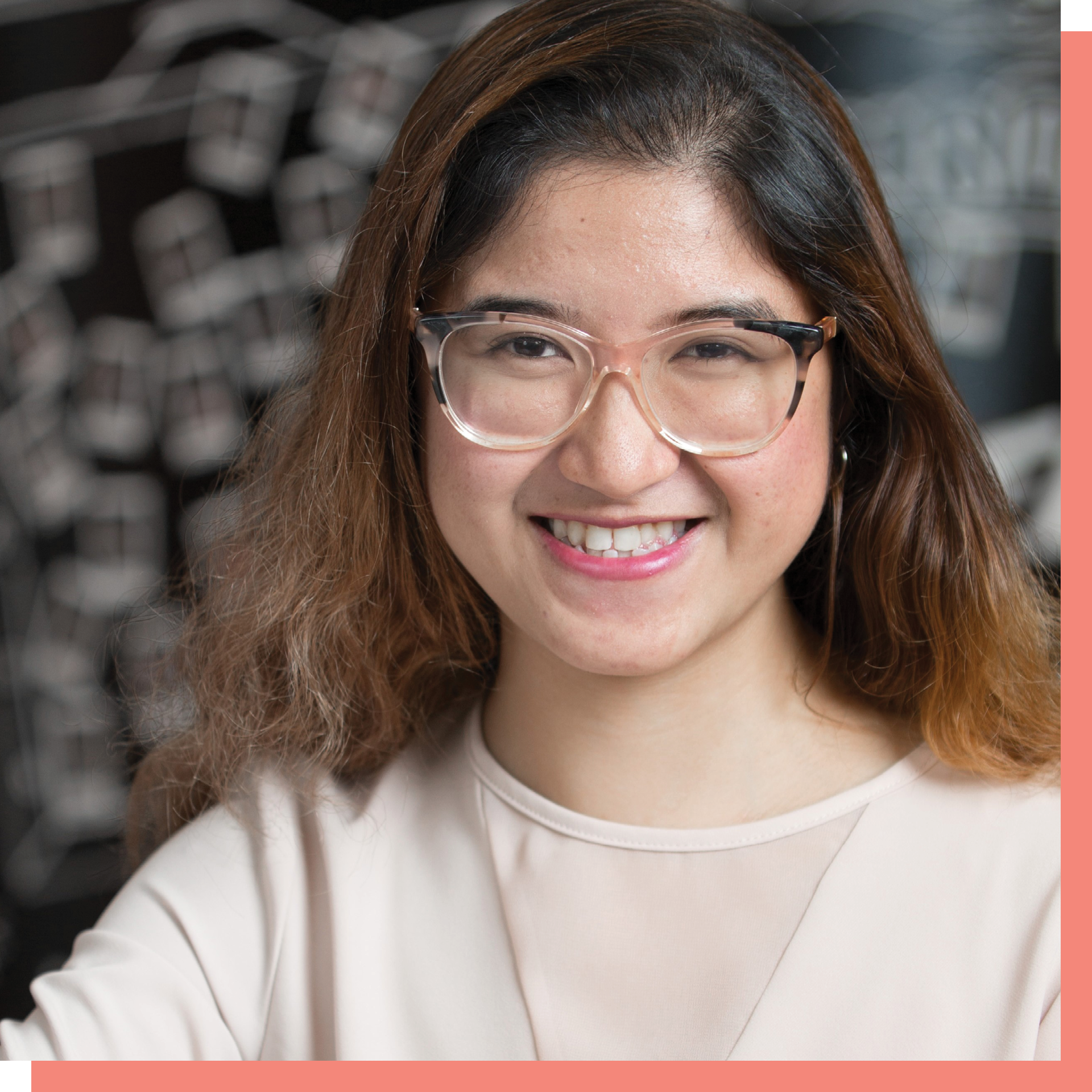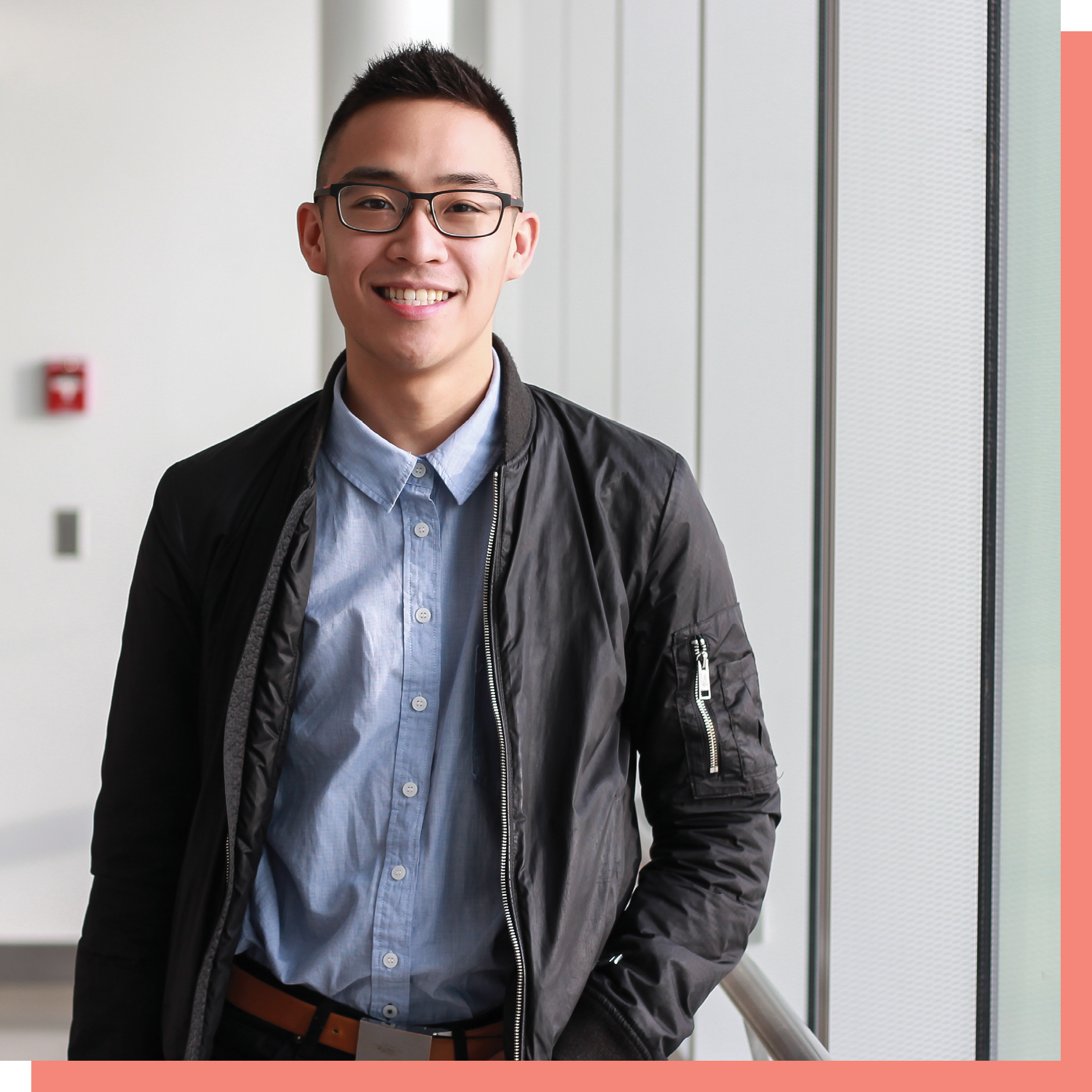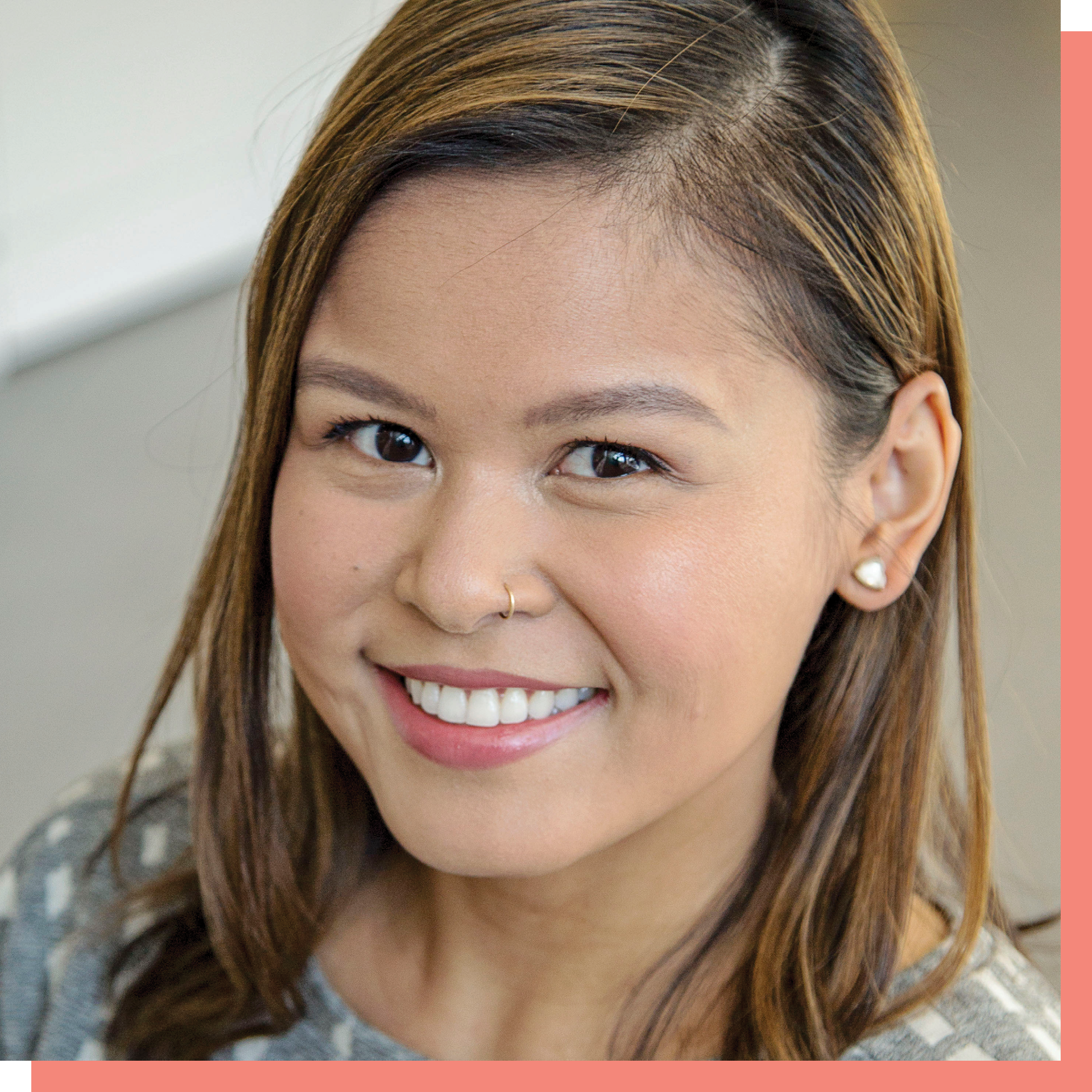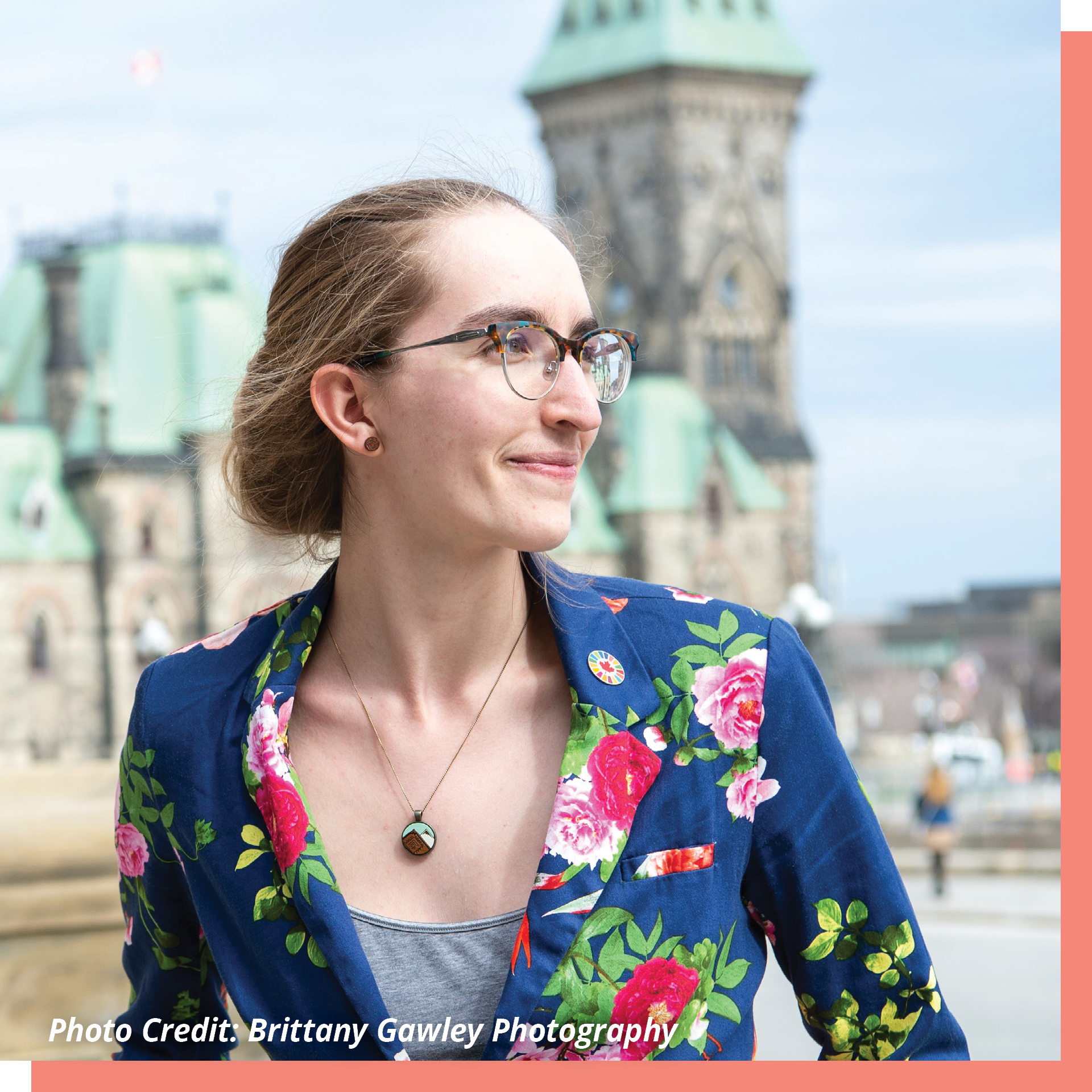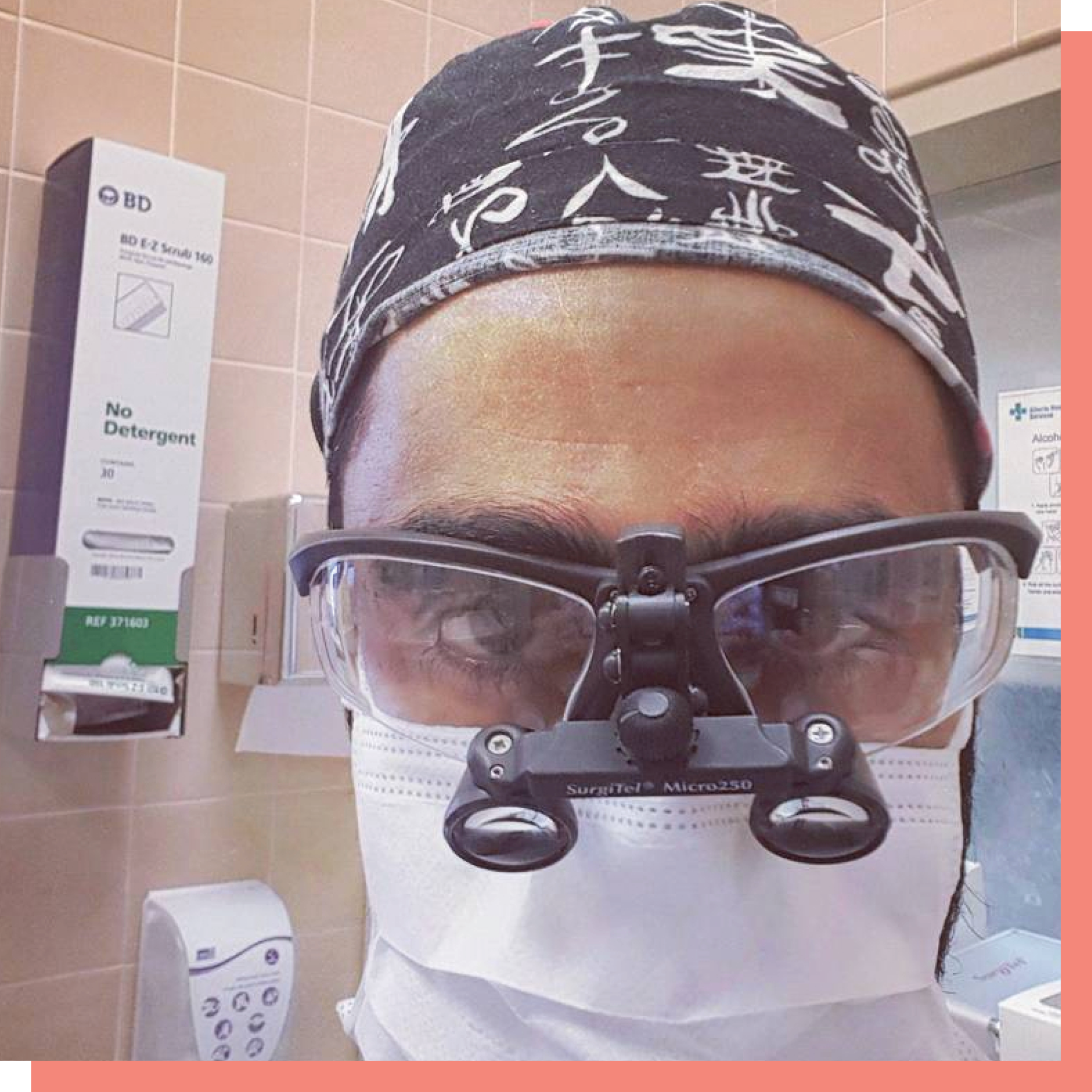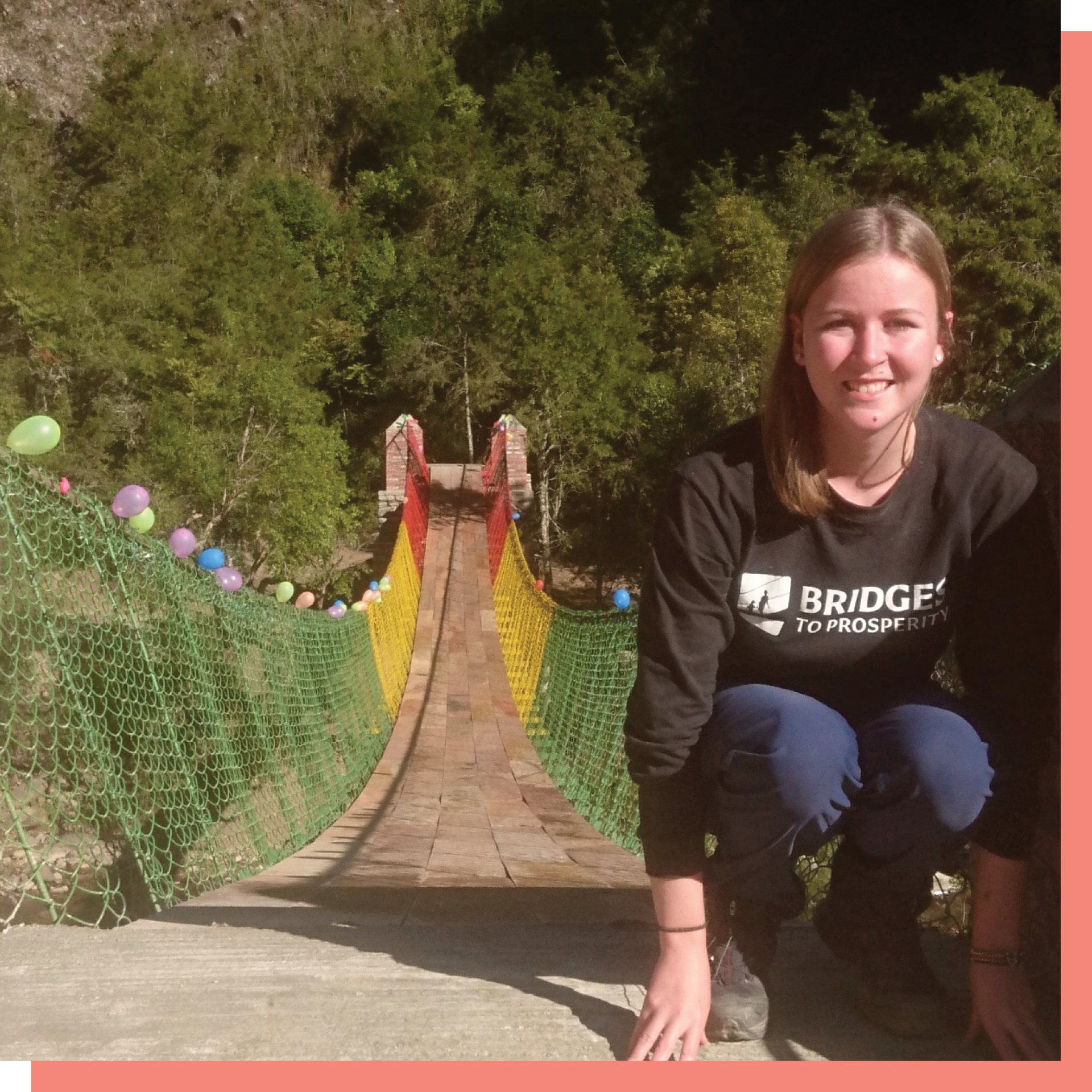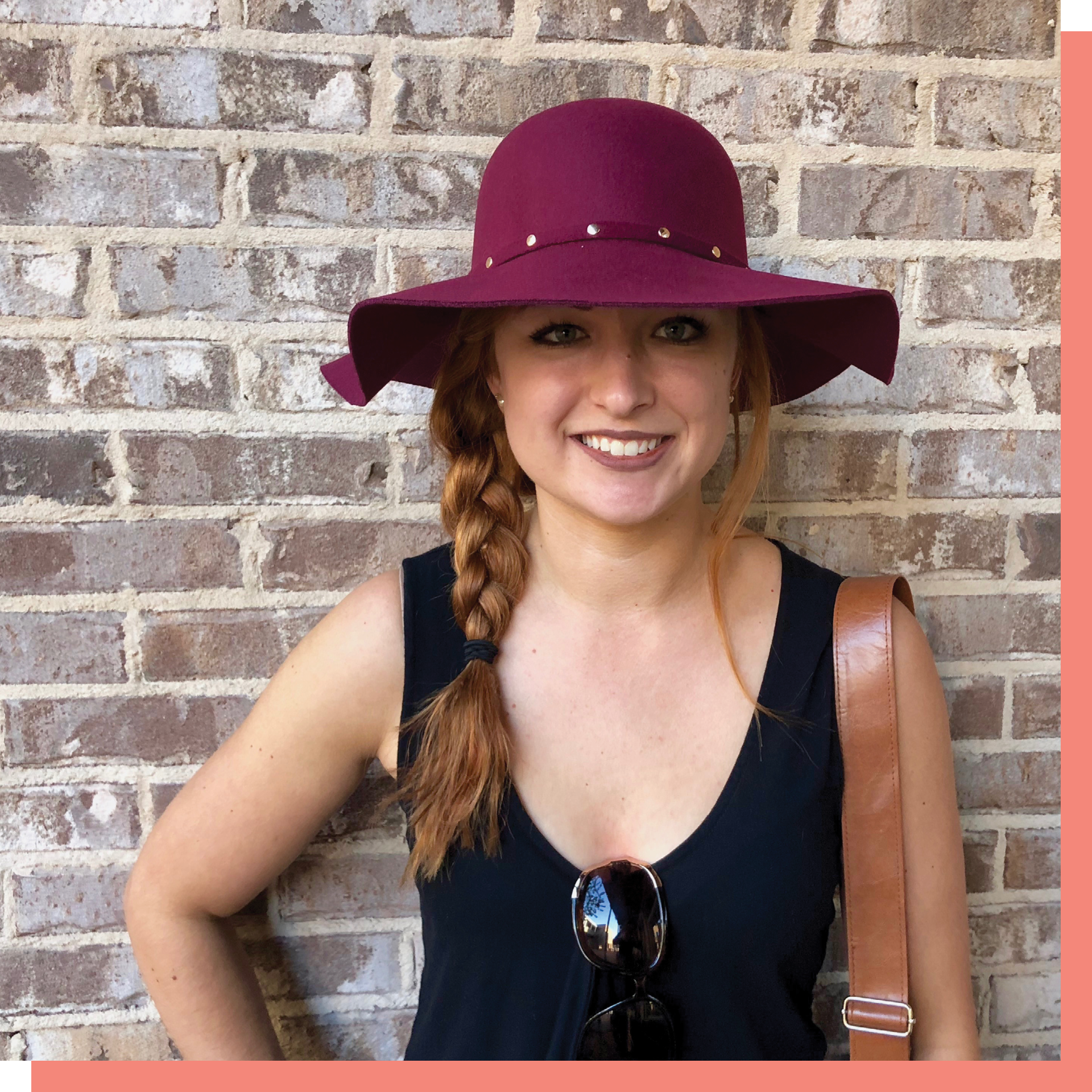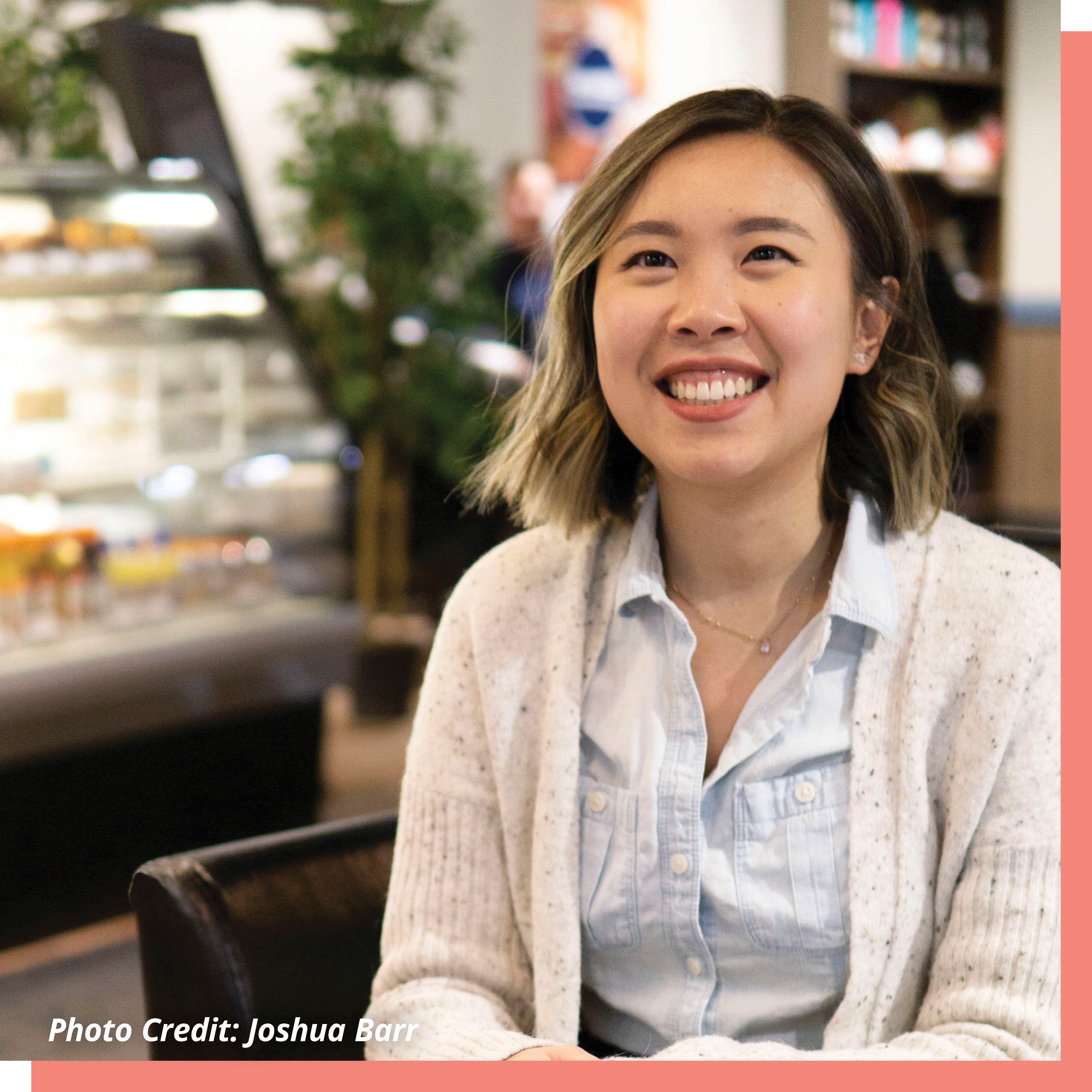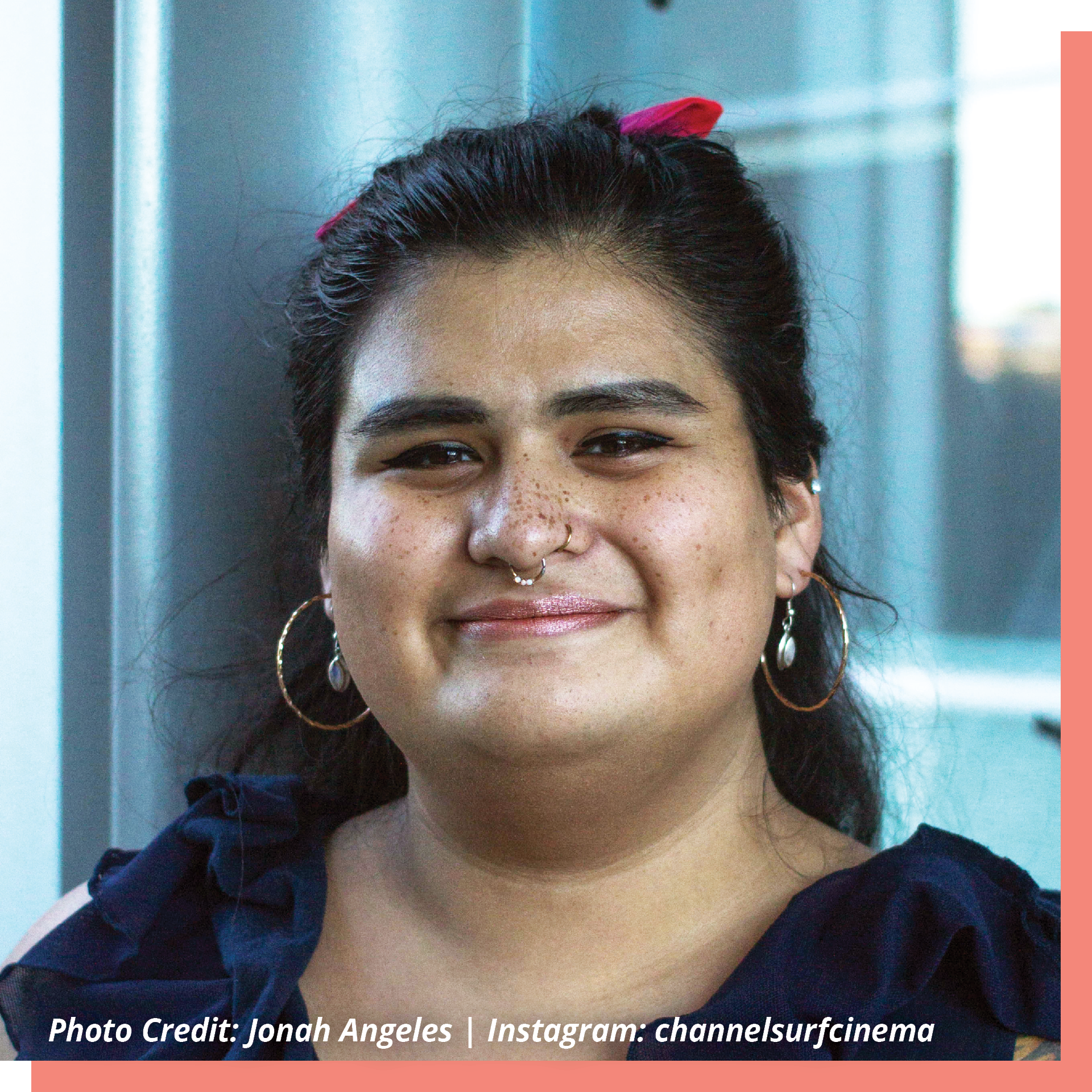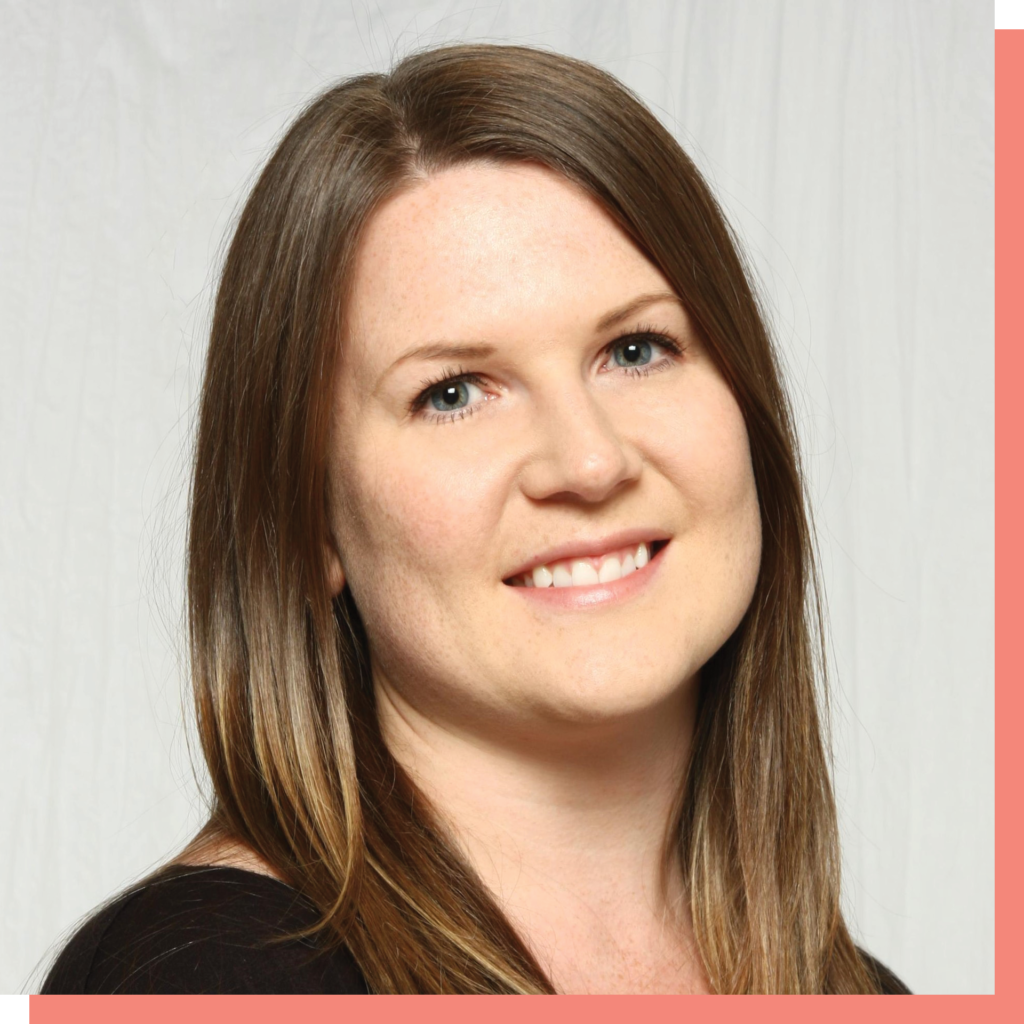
“You don’t have to do something on a grand scale; just live your values and stand up for what you believe in.”
-Elizabeth Roden
Age: 29
Hometown: Glendon, Alberta
Currently Residing In: Calgary, Alberta
Affiliations: Operation Eyesight (ACGC Member)
what influenced you to become a change-maker?
From an early age, I’ve always believed that everyone deserves to be treated with dignity and respect. I helped form a leadership group at my high school and was eager to learn more about world issues. In 2007, I moved to Calgary to pursue a degree in public relations at Mount Royal University. Having grown up in a relatively homogeneous community during the early days of social media, I was aware that my worldview was a bit limited. I was eager to learn more about the world by getting to know those in my new community, taking an international relations class, and travelling. Now I’m leading the Communications team at an international development organization. Through all of this, I never thought of myself as a changemaker; I’m simply a global citizen, learning, sharing, and doing my part to make the world a better place. You could say I’m a lifelong learner.
How does your work promote gender equality in Canada and around the world?
253 million people in the world are blind or visually impaired, and close to two thirds of those are women, as they don’t get access to servicess with the same frequency as men. I’m passionate about Operation Eyesight’s program model, in which women are empowered to become part of the solution. We train women who live and work in communities surrounding our partner hospitals to become community health workers. They go door-to-door, screening every single person in their communities, and referring those with eye problems to the nearest hospital or vision centre for treatment. They educate families about eye health and other topics such as nutrition, immunization, and maternal health
How does the work you do addressing gender inequality connect to progress on the other Sustainable Development Goals?
There are many examples of how our work helps achieve many of the SDGS: When people can see, they can work (#1) and go to school (#4), and communities thrive as a whole (#8). We promote eye health and general health (#3), empower women and provide them with equal care (#5), and we partner with governments, hospitals, and other INGOs to achieve all of this (#17).

